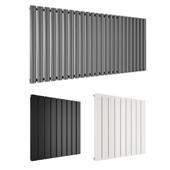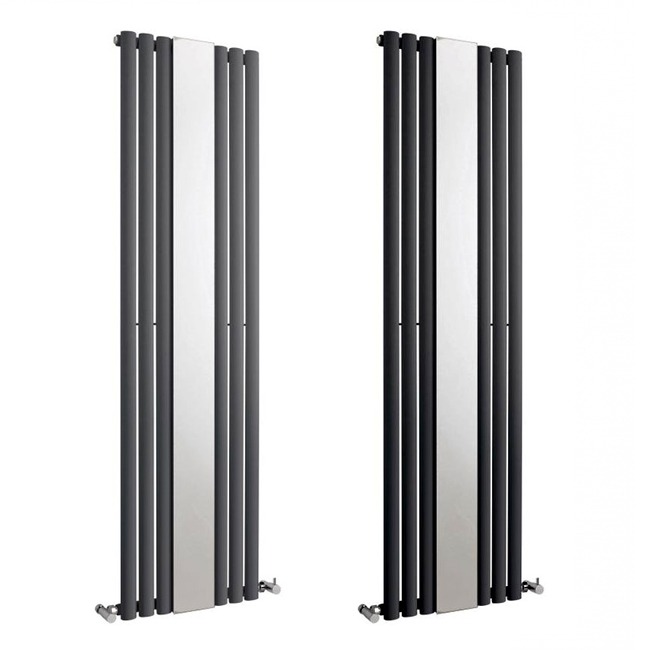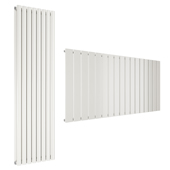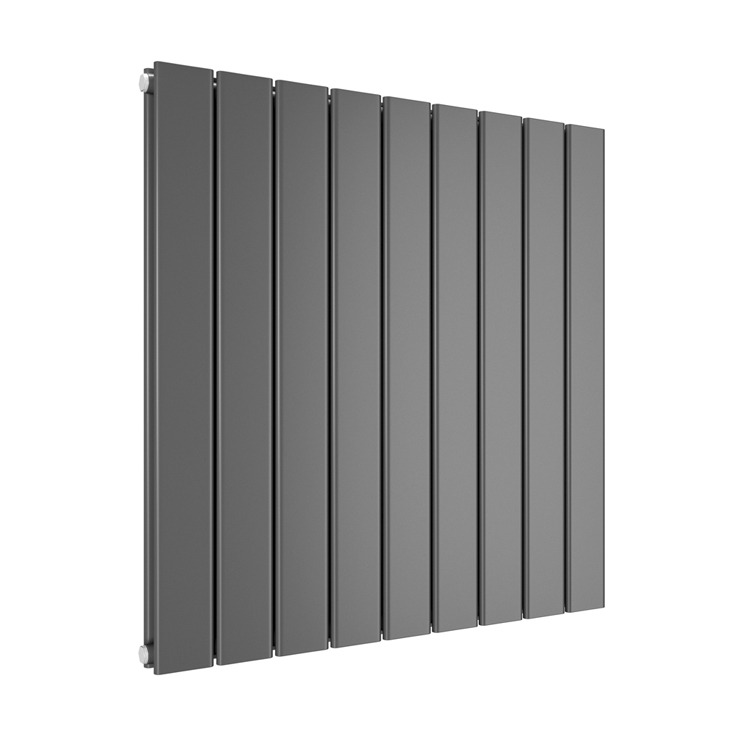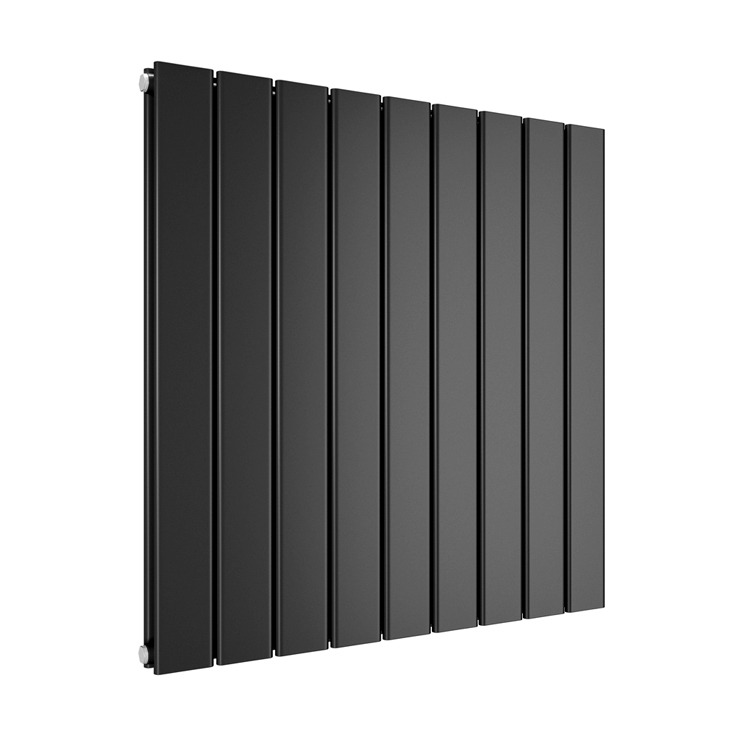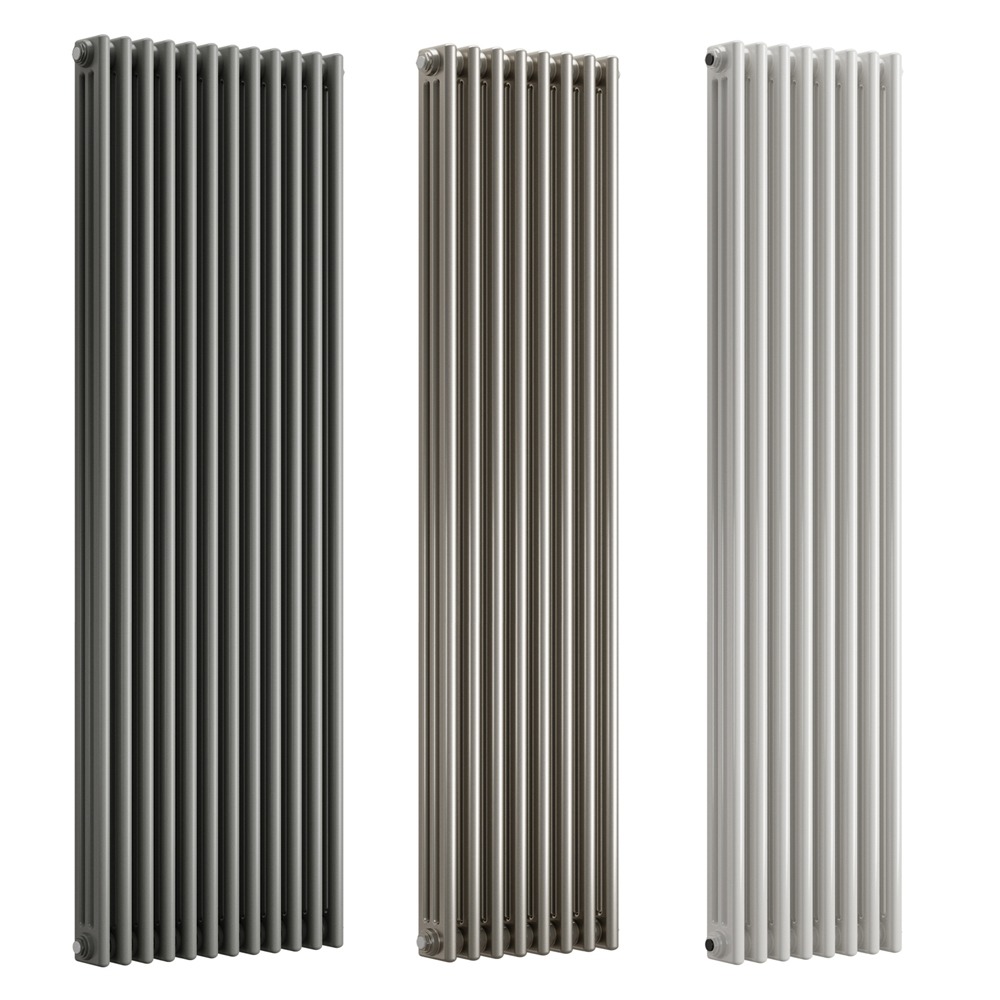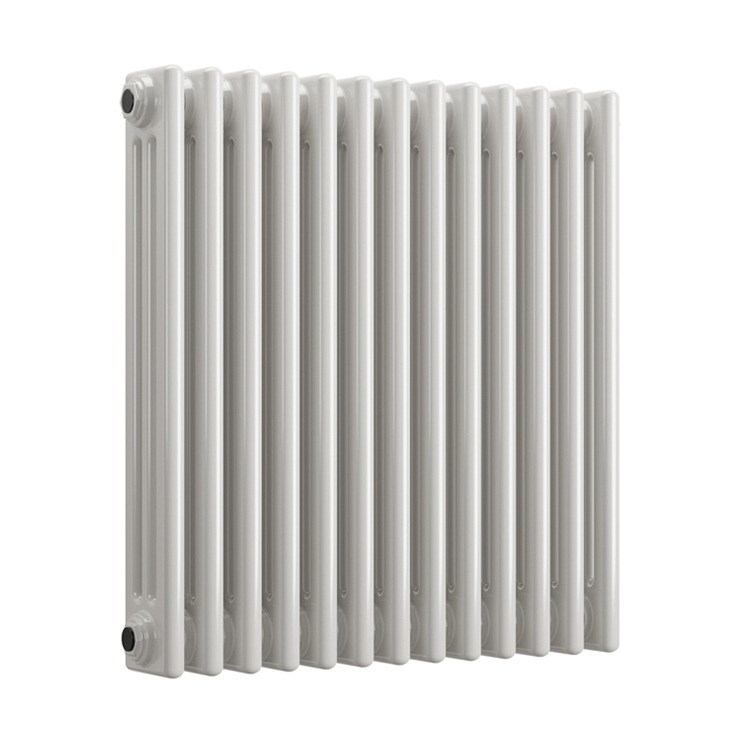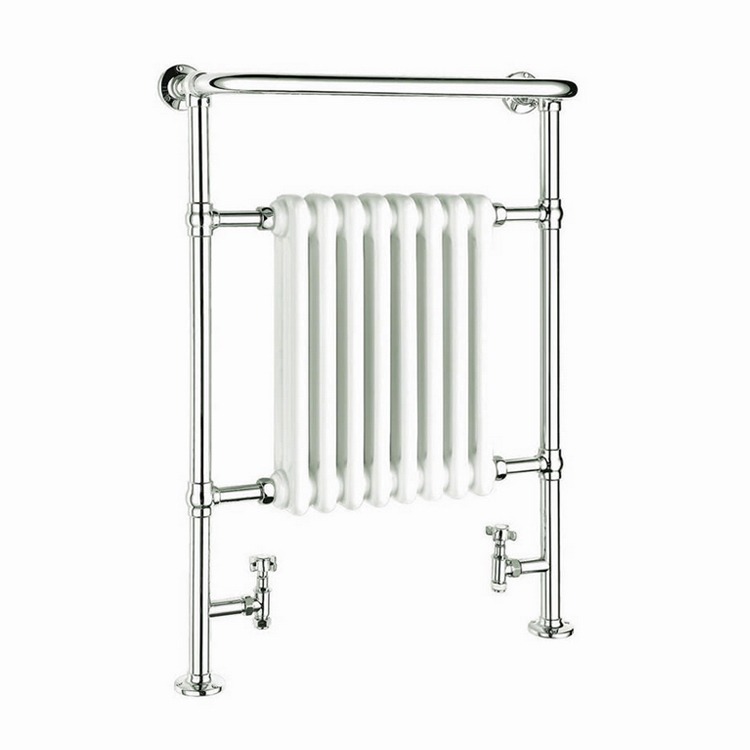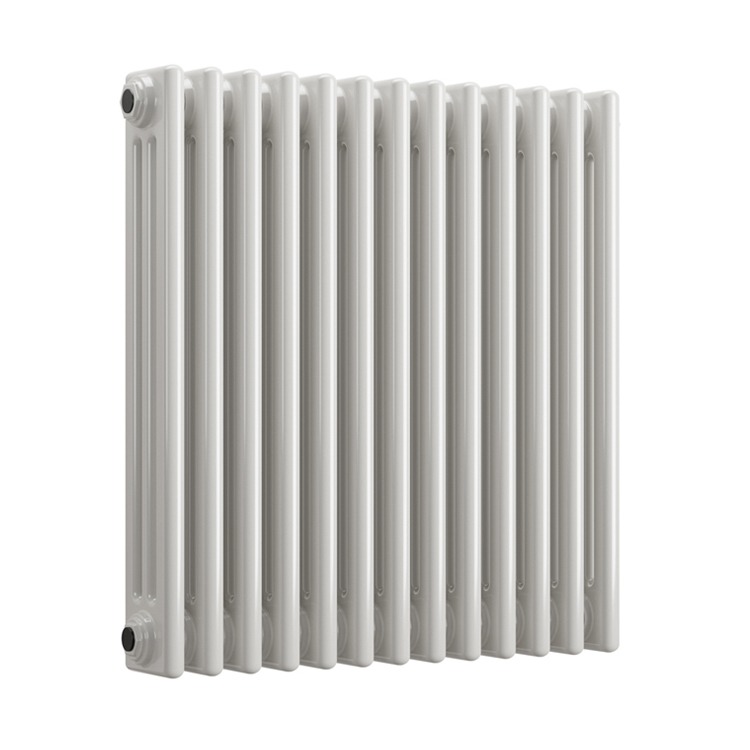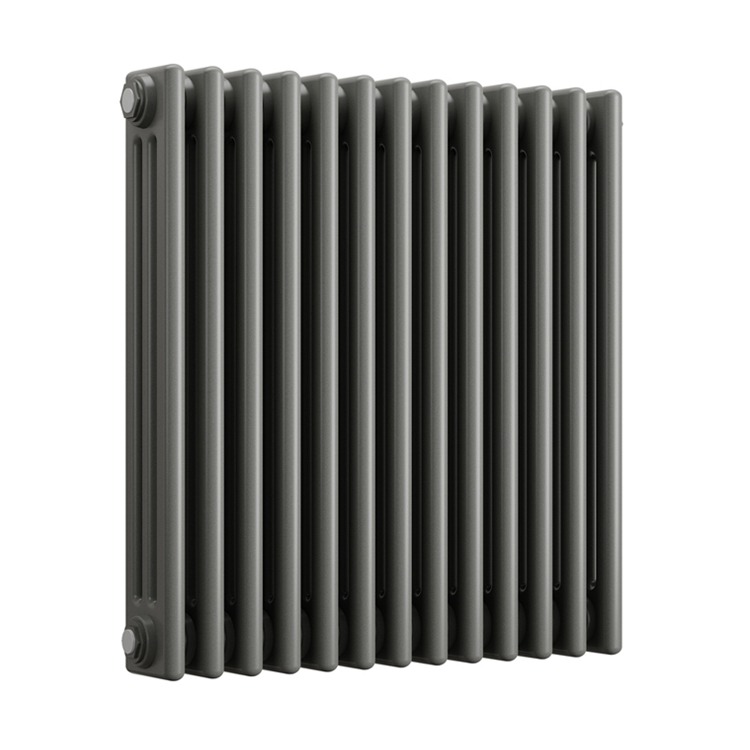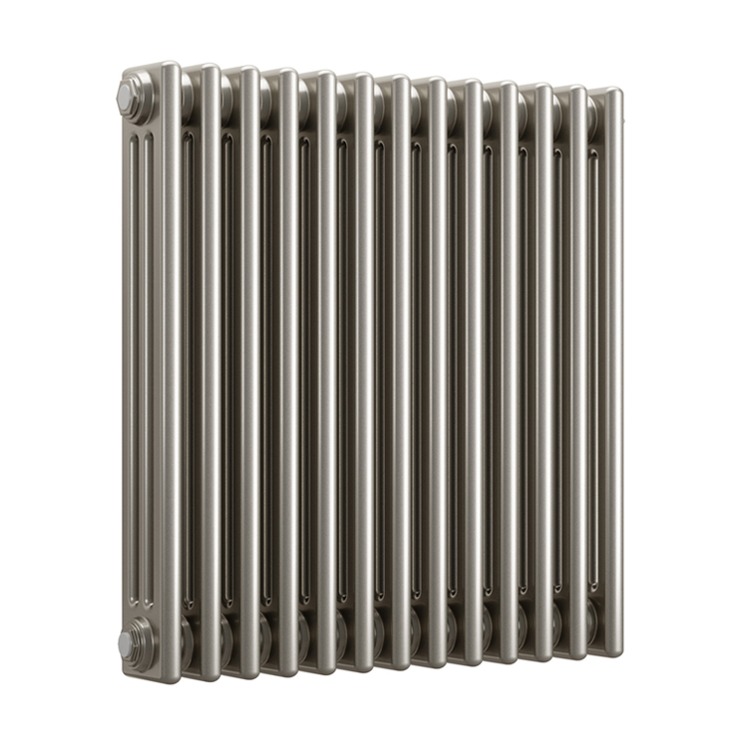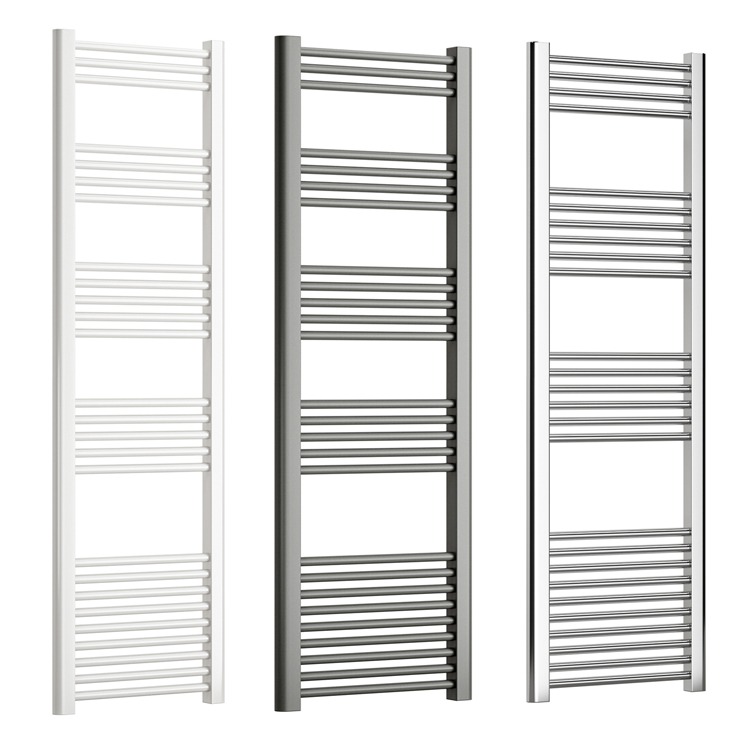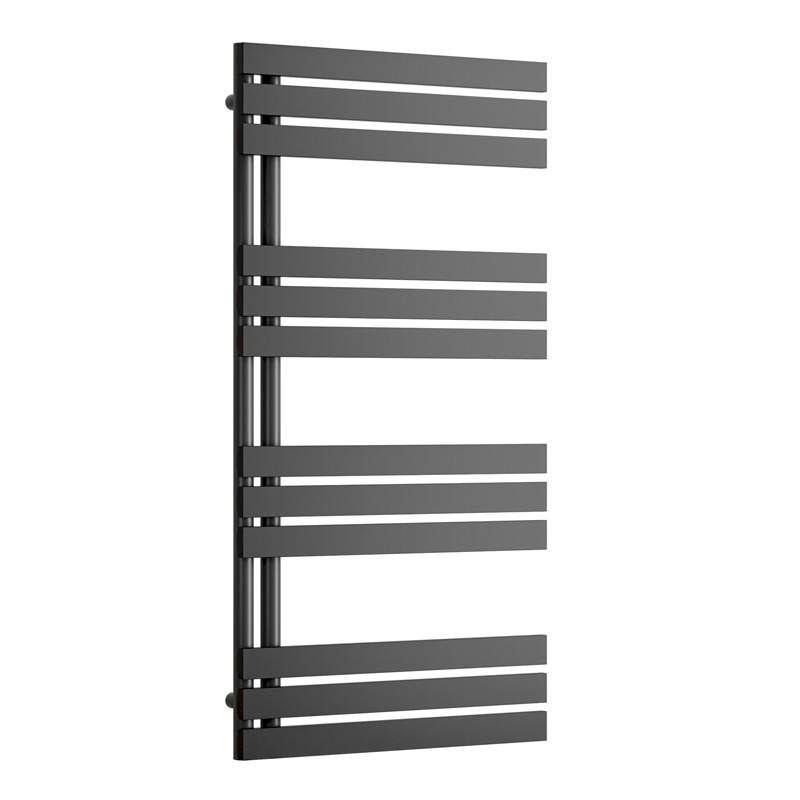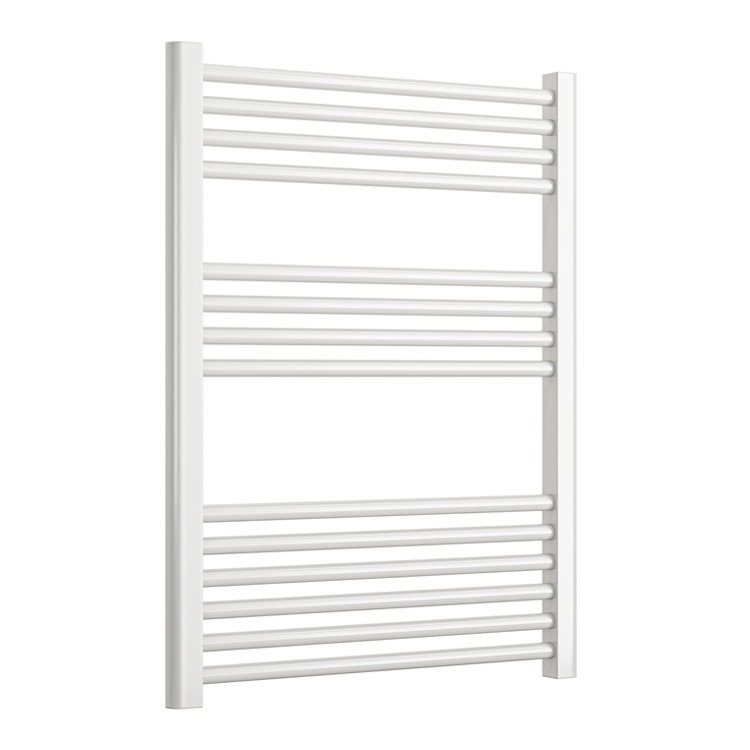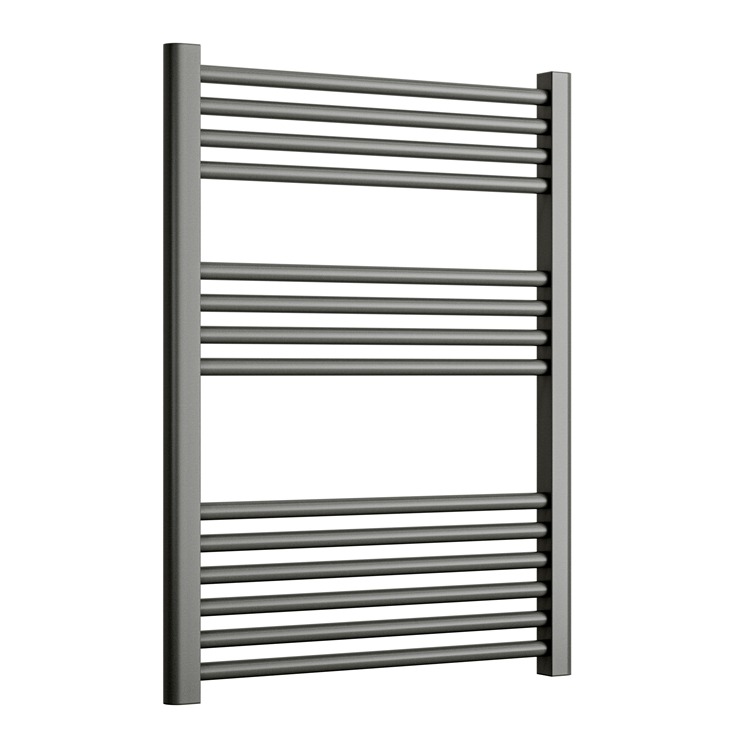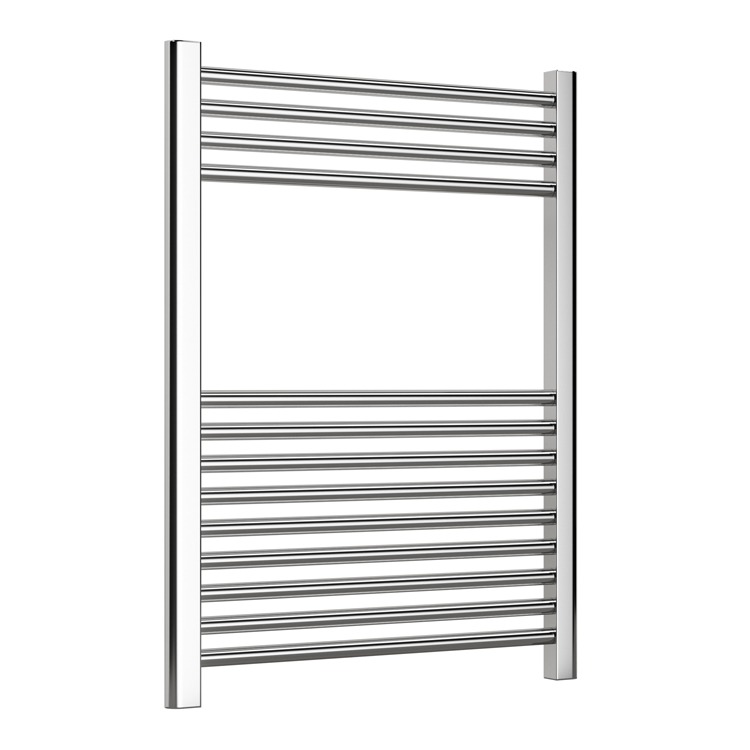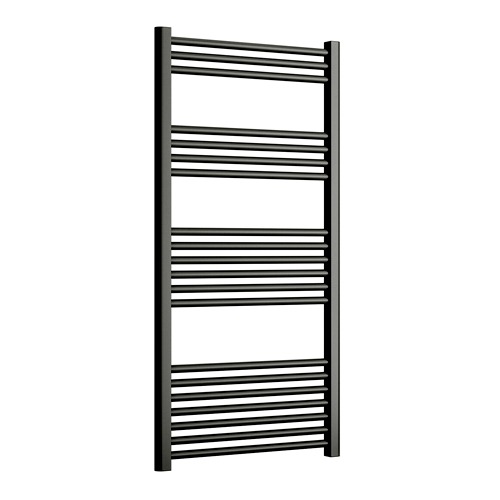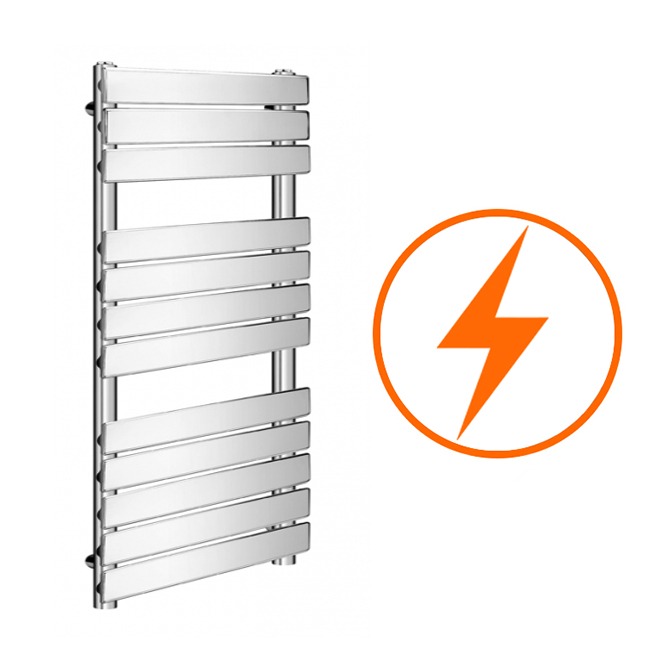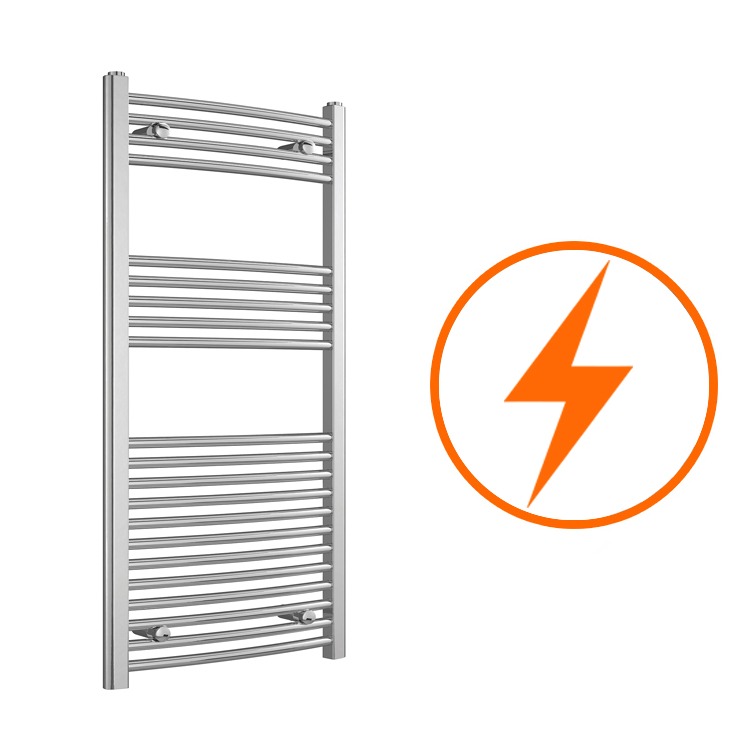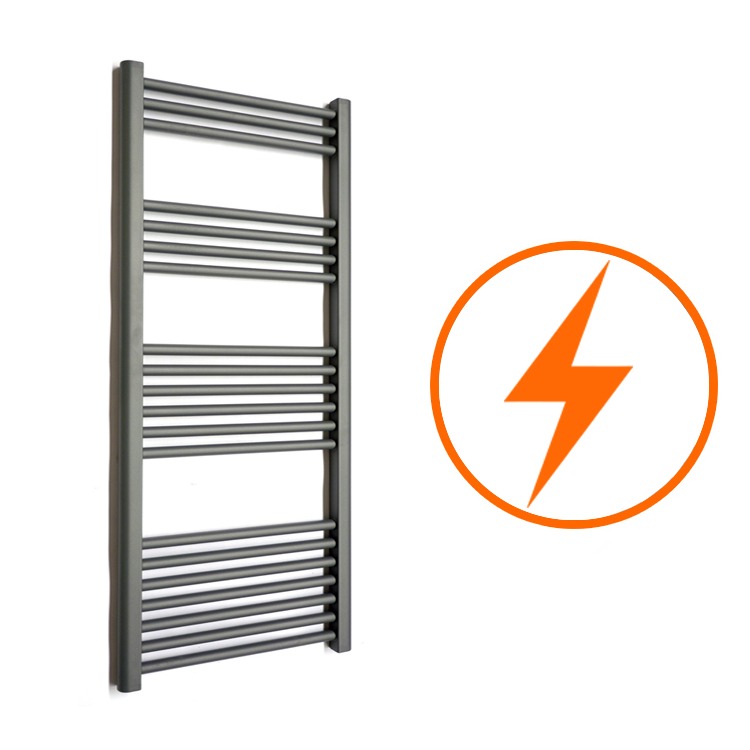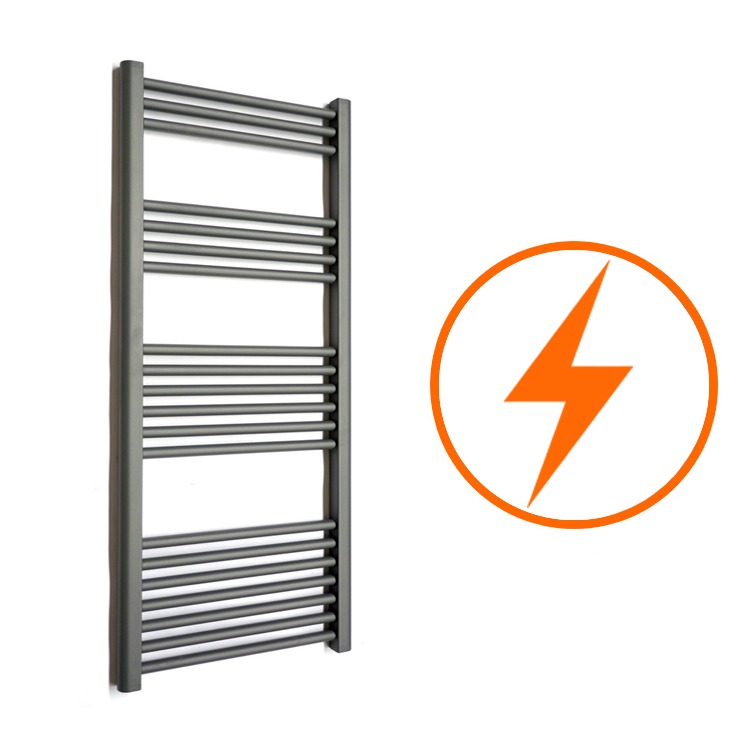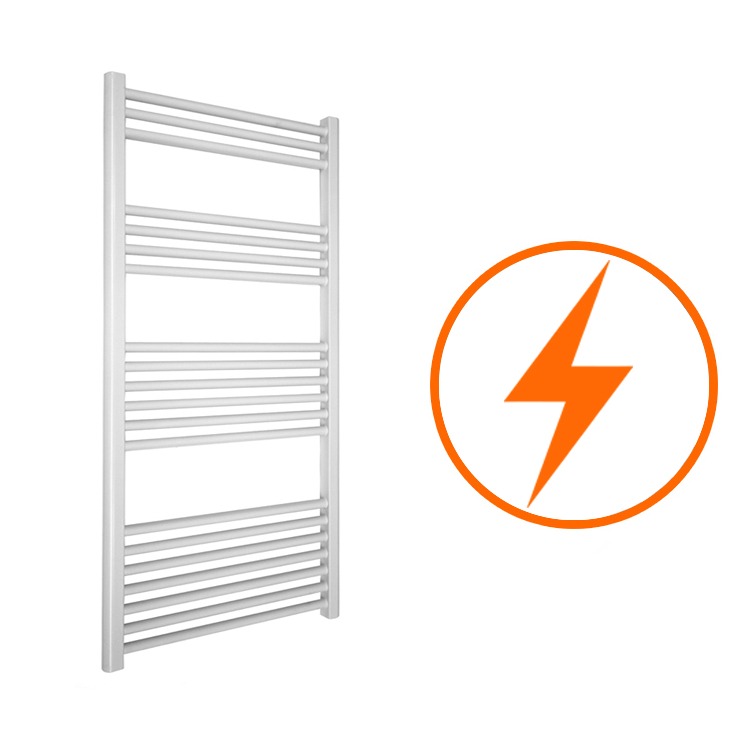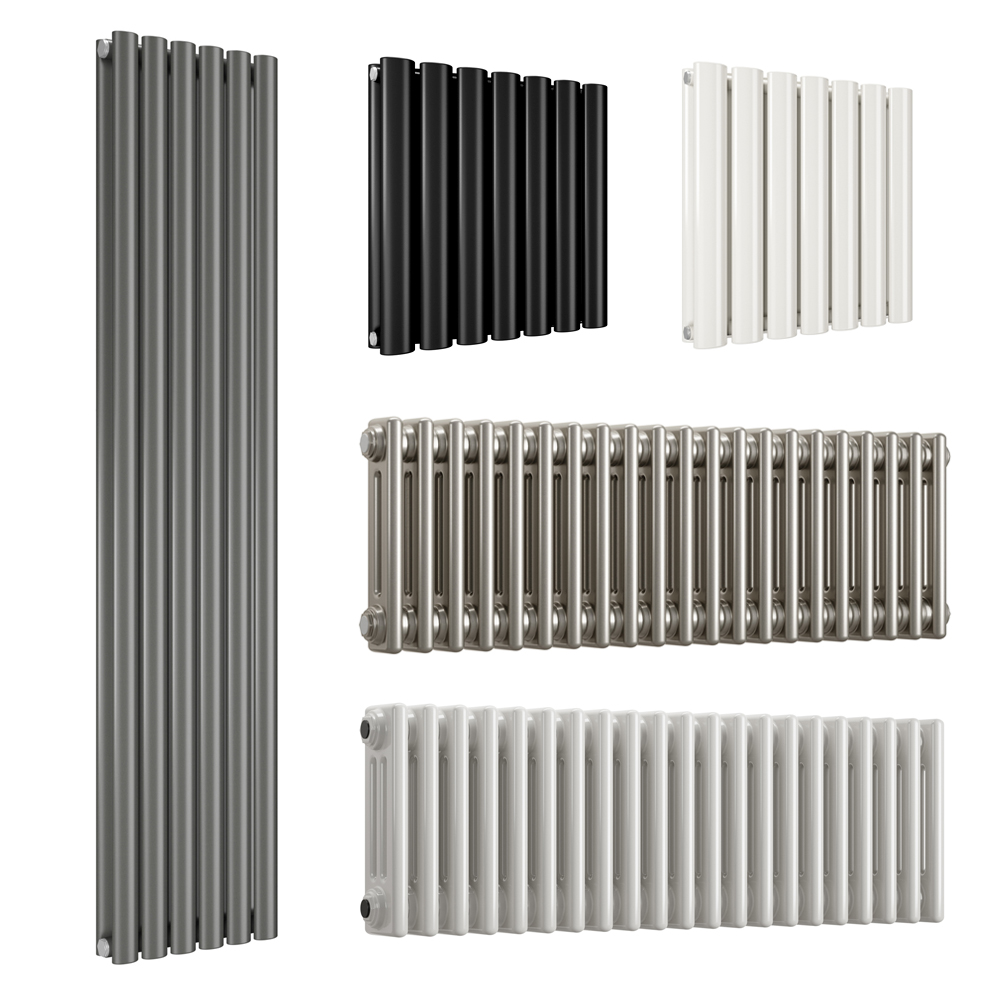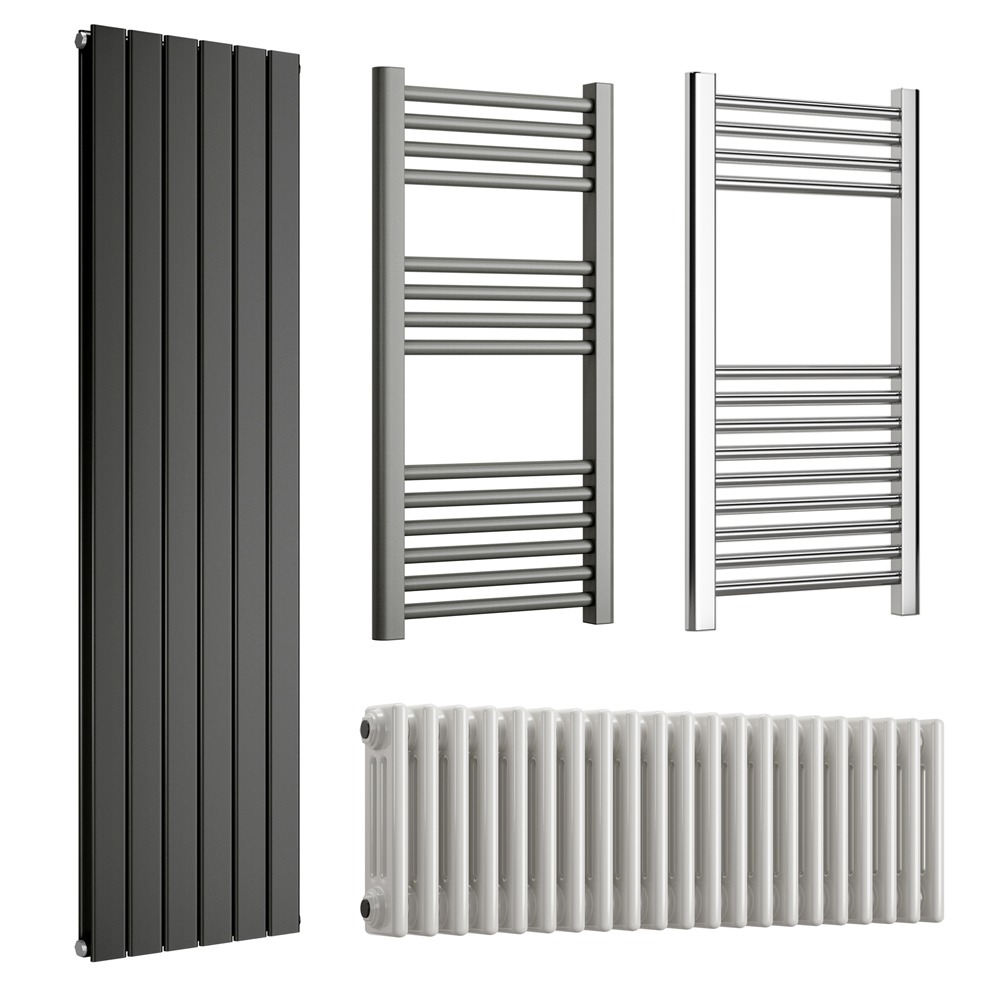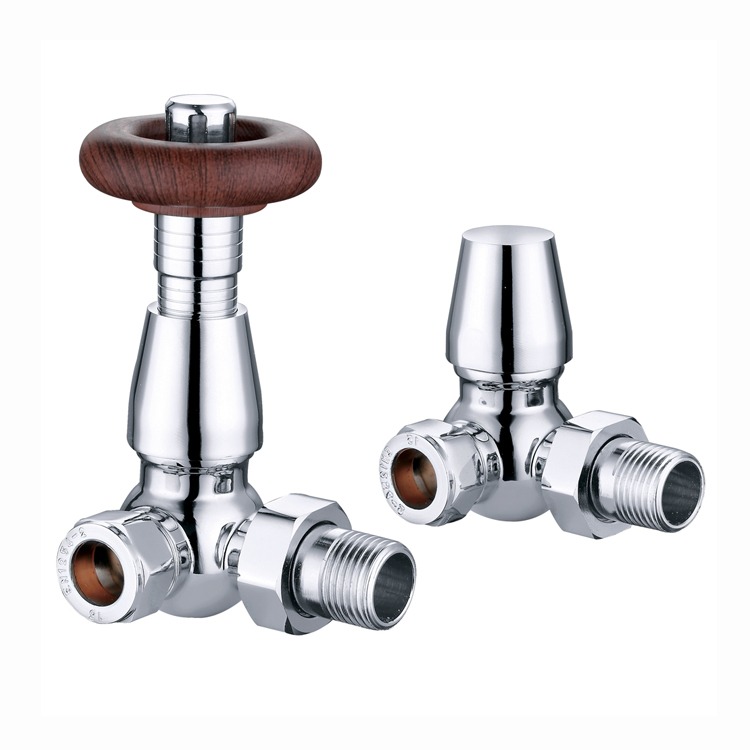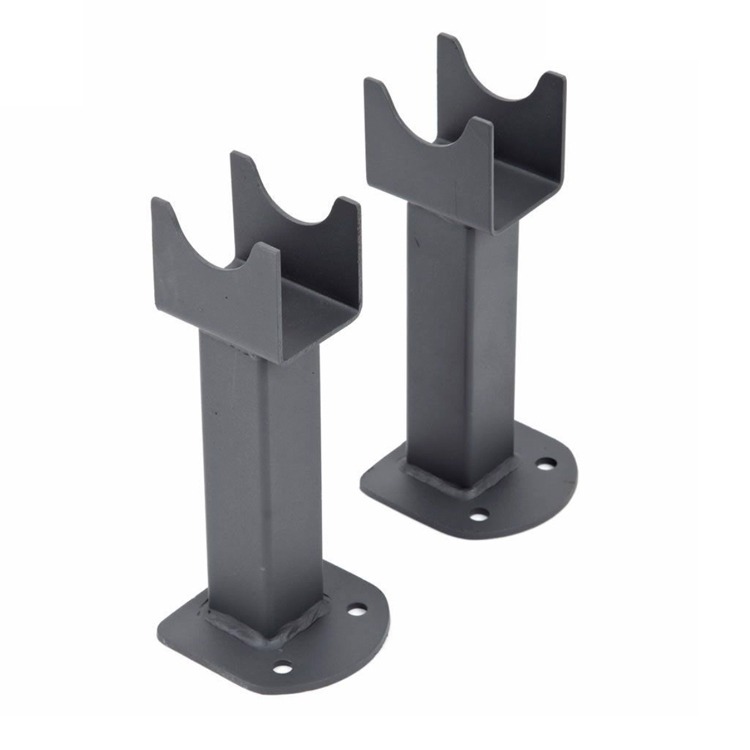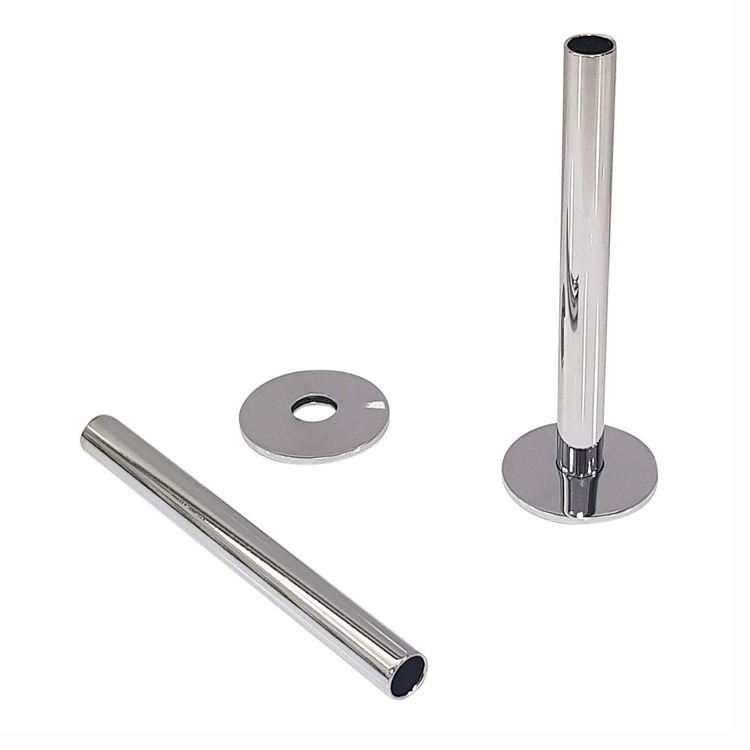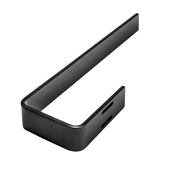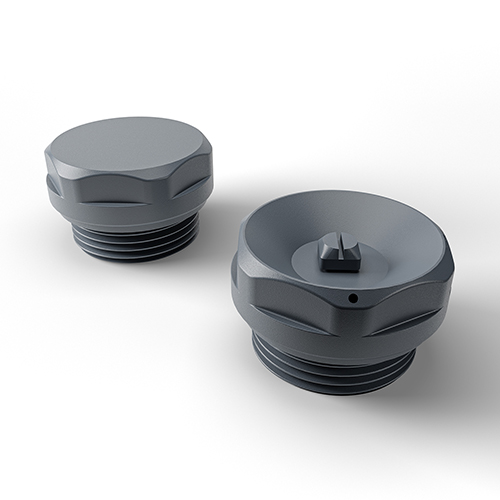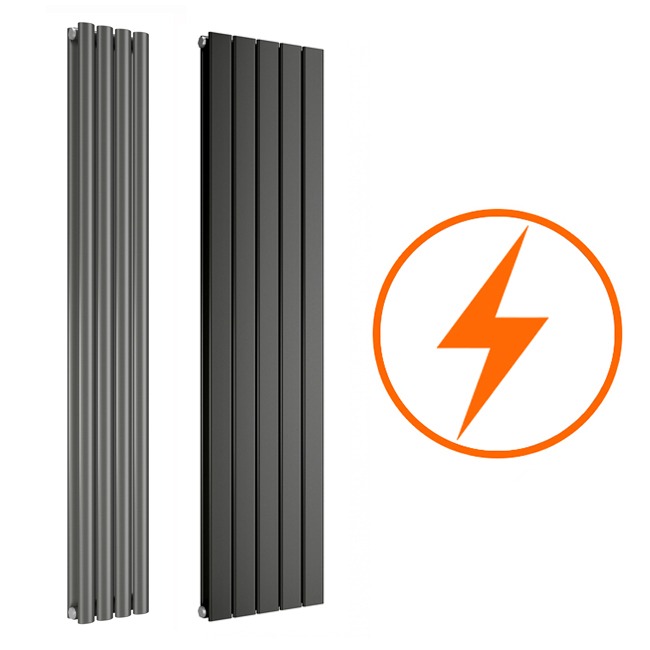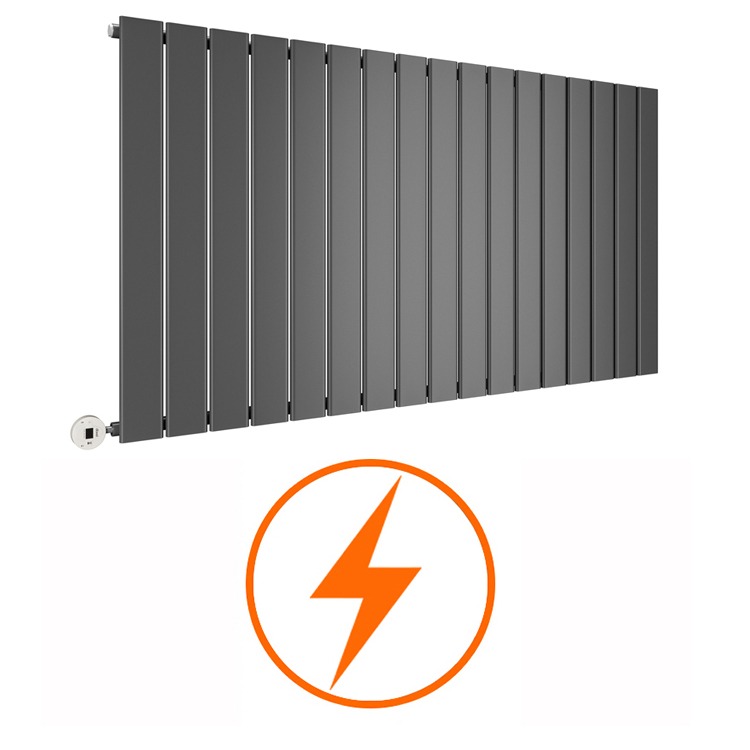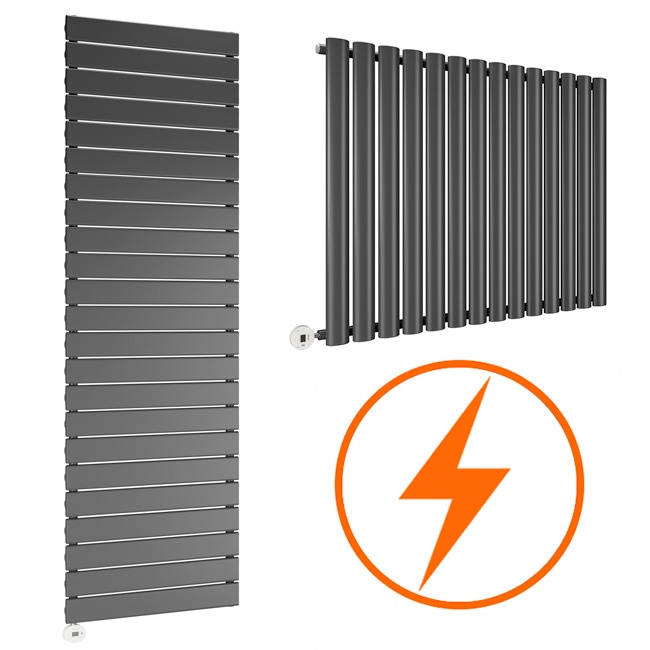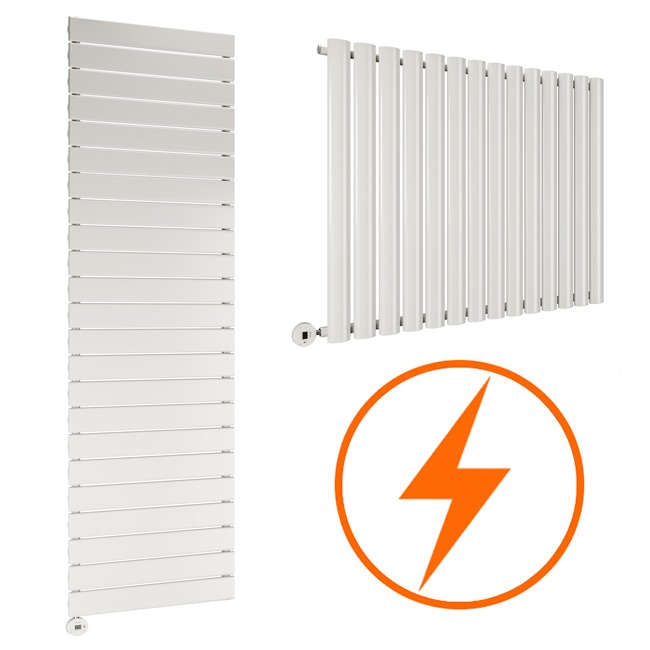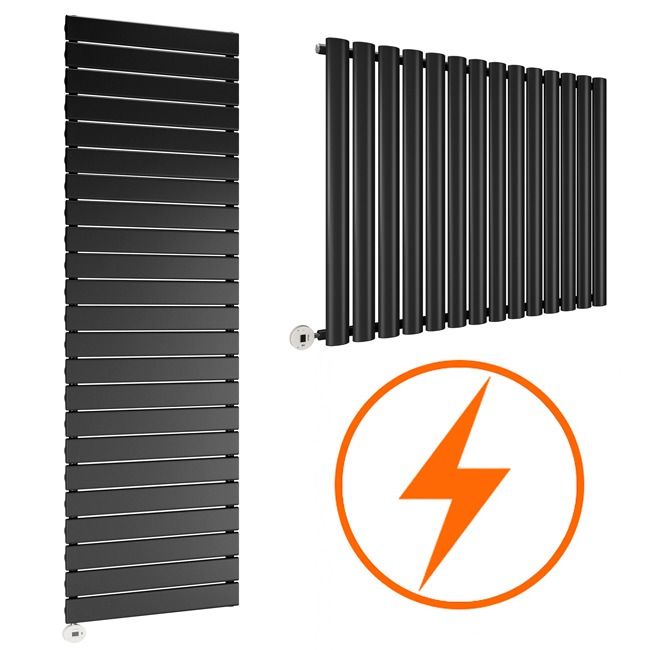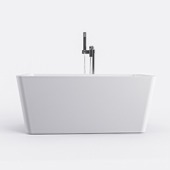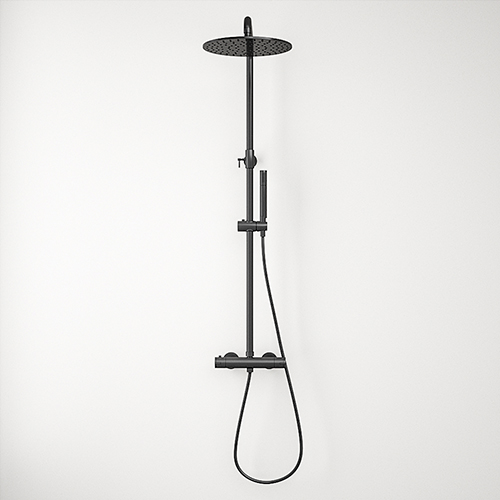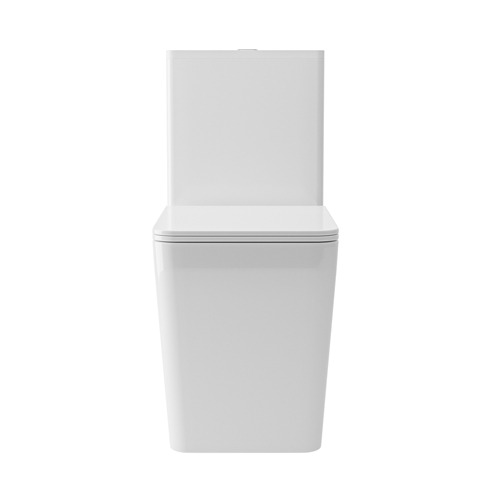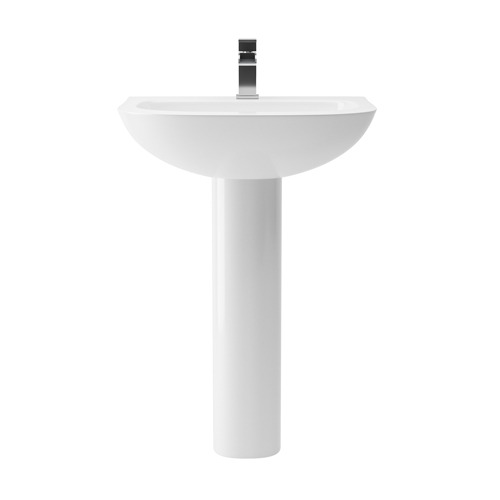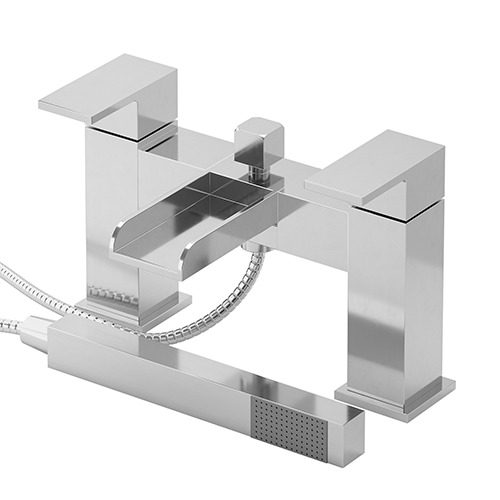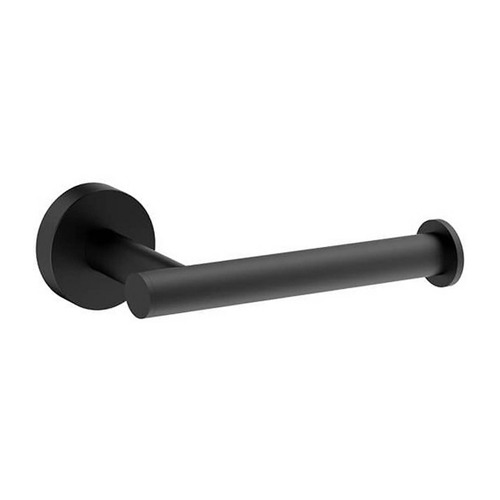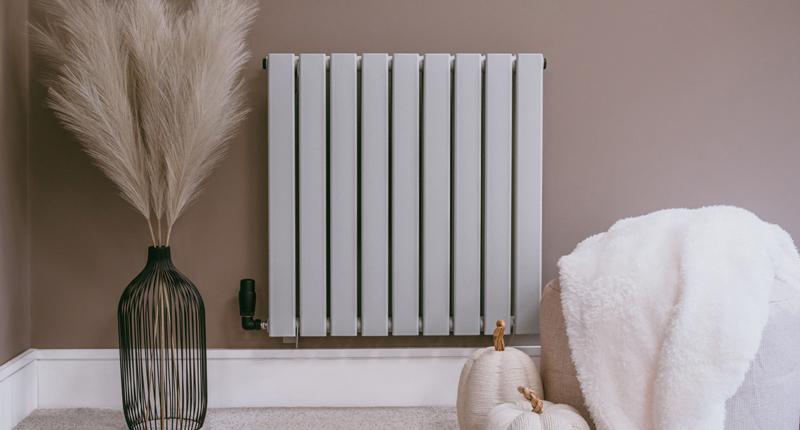
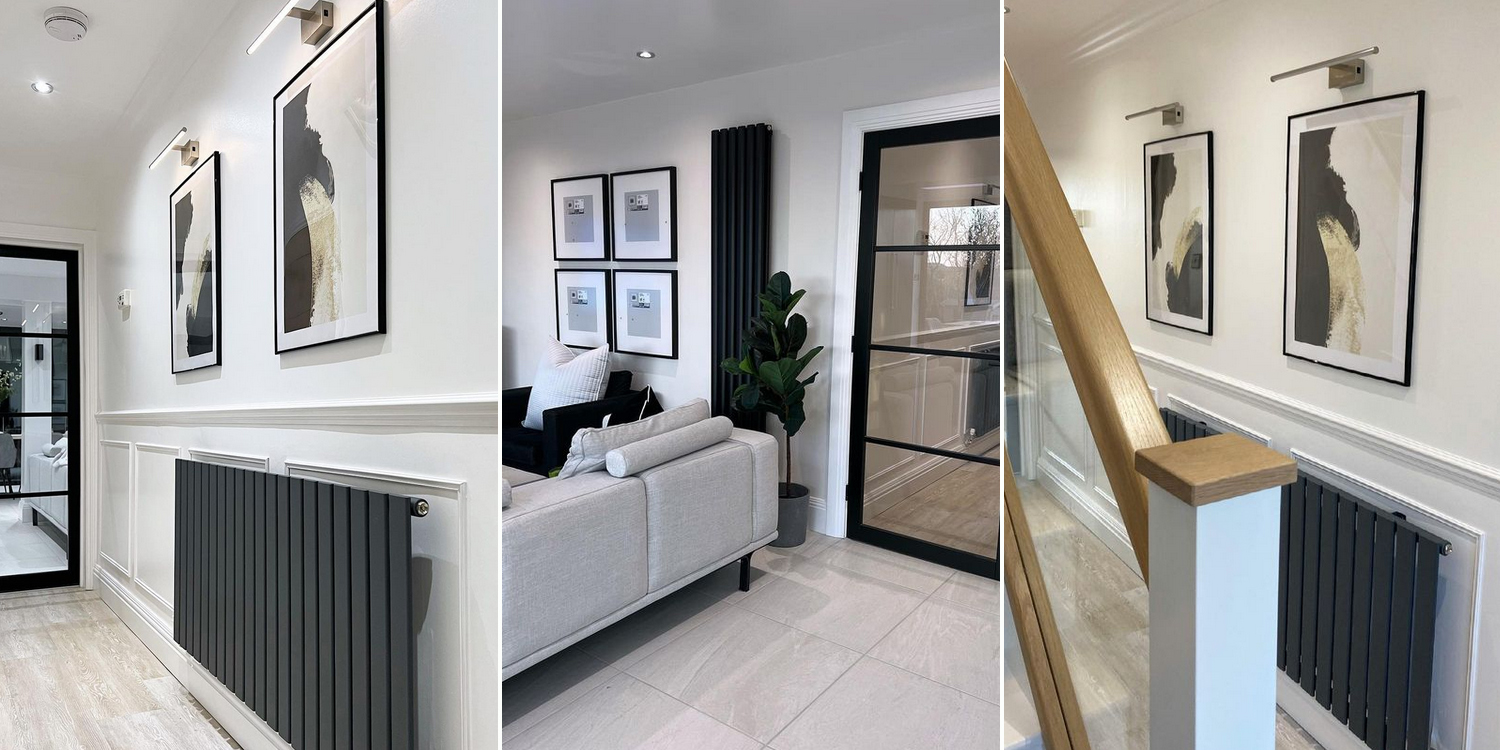
If you’ve been startled by a sudden bang or clang coming from your radiators, you are probably a bit worried. Radiator noises can be both annoying and concerning, leaving you wondering if something is seriously wrong with your heating system.
The good news is that in most cases, these noises are fixable and don’t necessarily mean you need to replace your radiators. The causes of banging noises are often similar, whether you have column radiators or vertical radiators.
Understanding the common causes of radiator noises
Radiator noises can range from gentle tapping to loud banging and each type of sound can point to a different issue. Here are the most common culprits:
Air in the system
One of the most frequent causes of banging noises is trapped air in your central heating system. When air gets trapped in your radiators, it creates pockets that disrupt the flow of hot water. This can lead to uneven heating and cause the radiator to make knocking or banging sounds as the water tries to push past the air.
How to fix it: Bleeding your radiators is the simplest solution. Use a radiator key to open the bleed valve (usually located at the top of the radiator) and let the air escape until water starts to flow out. This should restore proper circulation and eliminate the noise.
Thermostatic Radiator Valves (TRVs)
If you have radiator valves installed, particularly thermostatic ones, they can sometimes cause banging noises. TRVs regulate the flow of hot water into the radiator based on the room temperature. If the valve is faulty or the water pressure is too high, it can create a hammering noise as the valve opens and closes abruptly.
How to fix it: Check if the TRV is functioning correctly. If it’s old or damaged, replacing it might solve the problem. Additionally, adjusting the water pressure in your system can help reduce the strain on the valves.
Loose or incorrectly fitted pipes
Banging noises can also occur if the pipes connected to your radiators are loose or incorrectly fitted. As hot water flows through the pipes, they expand and contract, which can cause them to knock against walls, floors or other surfaces if they’re not securely fastened.
How to fix it: Inspect the pipes around your radiators to see if they’re properly secured. If they’re loose, use pipe clips or brackets to hold them in place. This should stop the movement and eliminate the noise.
Sludge build-up
Over time, sludge and debris can accumulate in your radiators and central heating system.This build-up can restrict the flow of water, causing uneven heating and creating banging noises as the water struggles to circulate.
How to fix it: A power flush is the most effective way to remove sludge from your system.This involves using a high-pressure flow of water to clean out the radiators and pipes. If you’re not comfortable doing this yourself, it’s best to call a professional heating engineer.
Water pressure issues
If the water pressure in your central heating system is too high or too low, it can cause banging noises. High pressure can strain the system, while low pressure can lead to air being drawn into the pipes, both of which can create noise.
How to fix it: Check the pressure gauge on your boiler. The ideal pressure is usually between 1 and 2 bars. If it’s outside this range, you may need to repressurise the system or adjust the pressure relief valve.
Expansion and contraction
Radiators and pipes naturally expand and contract as they heat up and cool down. If the system isn’t designed to accommodate this movement, it can cause banging or creaking noises.
How to fix it: Ensure your system has adequate expansion joints or loops to allow for this movement. If you’re unsure, a heating engineer can assess your system and make the necessary adjustments.
The role of radiator valves in reducing noise
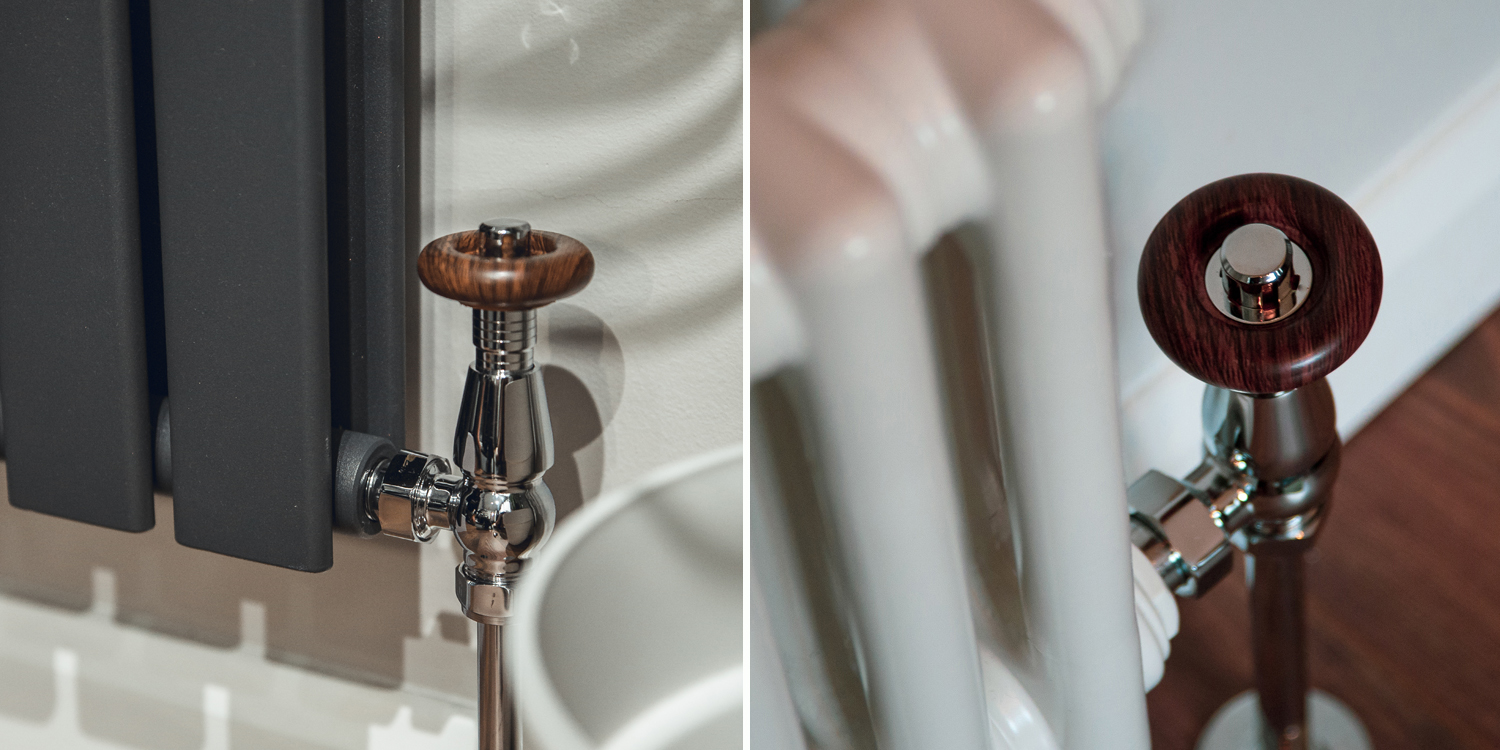
Radiator valves play a crucial role in regulating the flow of hot water into your radiators and they can also contribute to noise issues if not properly maintained. Here’s how different types of valves can affect your system:
Manual valves: These are the simplest type of radiator valve and are adjusted by hand.While they’re less likely to cause noise, they don’t offer the same level of control as thermostatic valves.
Thermostatic radiator valves: TRVs automatically adjust the flow of hot water based on the room temperature. While they’re energy-efficient, they can sometimes cause banging noises if they’re faulty or if the water pressure is too high.
Lockshield valves: These valves are used to balance the system by controlling the flow of water out of the radiator. If they’re not set correctly, they can cause noise and uneven heating.
If you’re experiencing noise issues, it’s worth checking your radiator valves to ensure they’re functioning correctly. Replacing old or faulty valves can often resolve the problem.
How a bypass valve can help
A bypass valve is a small but important component in your central heating system. It allows water to flow around the system when the radiators are turned off, maintaining a consistent flow and preventing pressure build-up. This can be particularly useful if you have thermostatic radiator valves, as it ensures the system doesn’t become overpressurised when multiple radiators are turned off.
Why does it matter? Without a bypass valve, the water in your system can become trapped, leading to increased pressure and noise. Installing a bypass valve can help regulate the pressure and reduce banging noises, especially in systems with multiple TRVs.
Choosing the right radiators
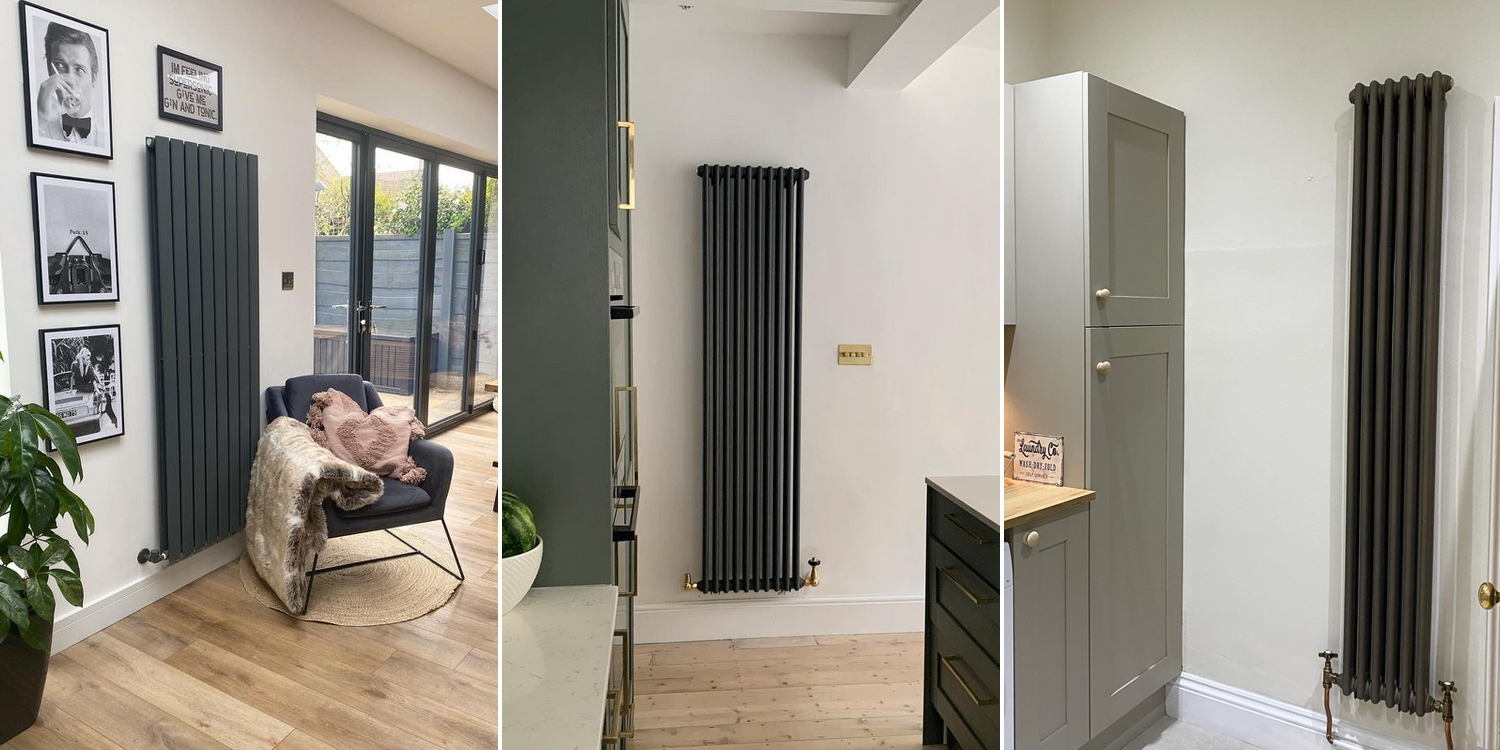
While addressing the root cause of banging noises is essential, it’s also worth considering whether your radiators are the right fit for your home. Whether you prefer designer radiators,traditional radiators, horizontal radiators or vertical radiators, choosing the right type can improve both the performance and aesthetics of your heating system.
When selecting radiators, it’s important to consider the size of the room and the heat output required. A radiator that’s too small will struggle to heat the room efficiently, while one that’s too large can lead to overheating and increased pressure in the system.
Banging noises from your radiators can be frustrating, but they’re usually a sign that something in your heating system needs attention. Whether it’s trapped air, faulty valves or sludge build-up, most issues can be resolved with a bit of troubleshooting. If you’re unsure about tackling the problem yourself, don’t hesitate to call a professional heating engineer.
Remember, maintaining your central heating system is key to preventing noise issues in the future. Regular bleeding, checking the water pressure and ensuring your radiator valves are in good working order can go a long way in keeping your system running smoothly.
By addressing the root cause of the noise and ensuring your system is well-maintained, you can enjoy a quiet, efficient heating system that keeps your home warm and comfortable all year round. And if all else fails, a bypass valve might just be the solution you need to silence those pesky bangs for good.
If you’re in the market for new radiators or need replacement radiator valves, shop our range of affordable, high-quality options. With the right radiators and a well-maintained system, you can say goodbye to those banging noises forever!
 Need Radiators FAST?
Need Radiators FAST? 




